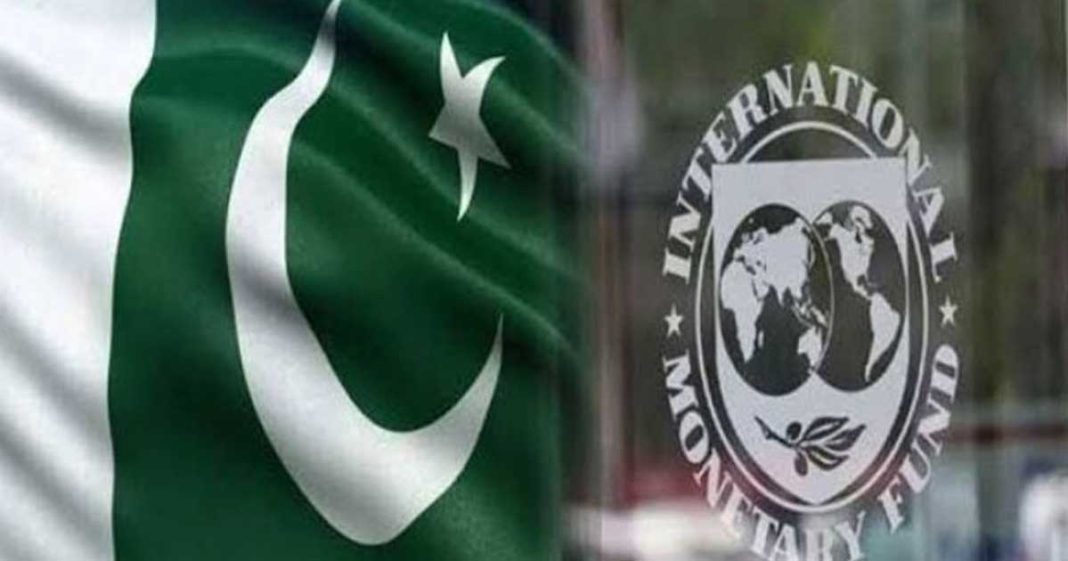News Desk
ISLAMABAD: Pakistan is seeking a new loan of at least $6 billion from the International Monetary Fund to help the incoming government cope with a looming debt crisis, Bloomberg reported on Thursday.
A senior official said Pakistan would negotiate an Extended Fund Facility with the IMF, a program that provides medium-term support for countries facing structural economic problems. The EFF loans are typically approved for three to four years to support policies to fix structural imbalances and are repaid after 4.5 to 12 years.
The official said the discussions with the Washington-based lender were expected to begin in March or April, after the new administration takes office following a disputed election held earlier this month.
For a new loan program, the incoming administration would need to make a formal request to the IMF after it takes office. The amount of funding would depend on subsequent talks with the lender.
Pakistan is facing a severe economic challenge, as it has to repay $25 billion of external debt in the fiscal year starting in July, about three times its foreign-exchange reserves. The country also has a large fiscal deficit, a chronic trade imbalance and a weakening currency.
The IMF loan would help Pakistan avoid a default on its debt obligations and ease the pressure on its balance of payments. But it would also come with stringent conditions, such as raising taxes, cutting subsidies, reforming the energy sector and allowing the currency to float freely.
Pakistan is trying to avert an economic crisis after a contentious election that saw the nation’s two main political dynasties form a coalition to keep out of power the party of jailed former prime minister Imran Khan.
Shehbaz Sharif, who’s been nominated as prime minister, said last week that that securing a fresh IMF loan is a priority for the new administration. Sharif, who is expected to be sworn in as the premier next week, faces a fragile coalition with the opposition parties that have challenged the election results and accused his party of rigging the vote.
Sharif has also to contend with the powerful military, which has a history of meddling in politics and has been accused of backing his campaign against Khan.
Sharif has some experience in dealing with the IMF, as he was prime minister from 2022 to 2023, when Pakistan obtained a nine-month, $3 billion loan under the fund’s Stand-By Arrangement. Pakistan has a final review under that program, which could release about $1.1 billion in funding before it expires in April. The country also has to repay a $1 billion bond in April.
Investors have been watching the post-election developments closely, concerned that political uncertainty would hinder the nation’s ability to secure more funding, thereby increasing the risk of a debt default. Fitch Ratings Ltd. said this week that failure to procure the loan would “increase external liquidity stress and raise the probability of default.”
Pakistan has a long and troubled history with the IMF, having received 23 bailout packages since its independence in 1947, more than any other country. Critics say the IMF’s policies have often worsened Pakistan’s economic woes.
The IMF said in a statement that it was “available, if requested, to support the post-election government through a new arrangement to address Pakistan’s ongoing challenges.”
It also said it continued to engage with Pakistan on the need for longer-term economic reforms, such as increasing revenue, improving the energy sector, liberalizing the exchange rate, overhauling state-owned enterprises and enhancing resilience to climate shocks.
Copyright © 2021 Independent Pakistan | All rights reserved




